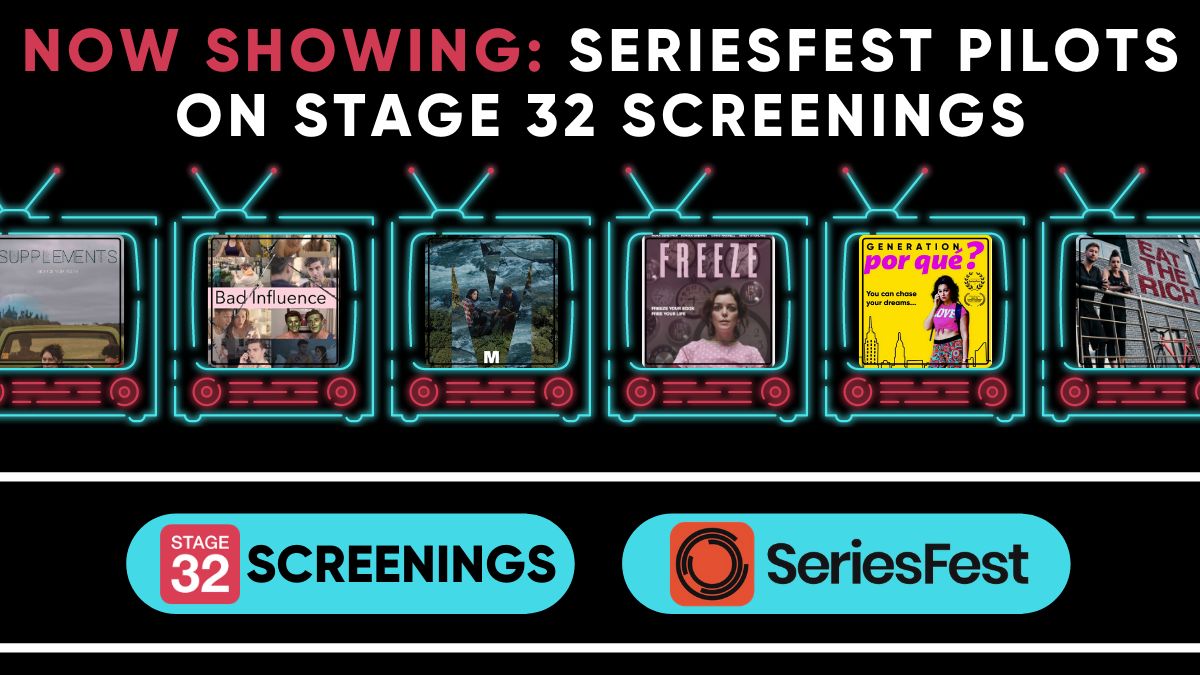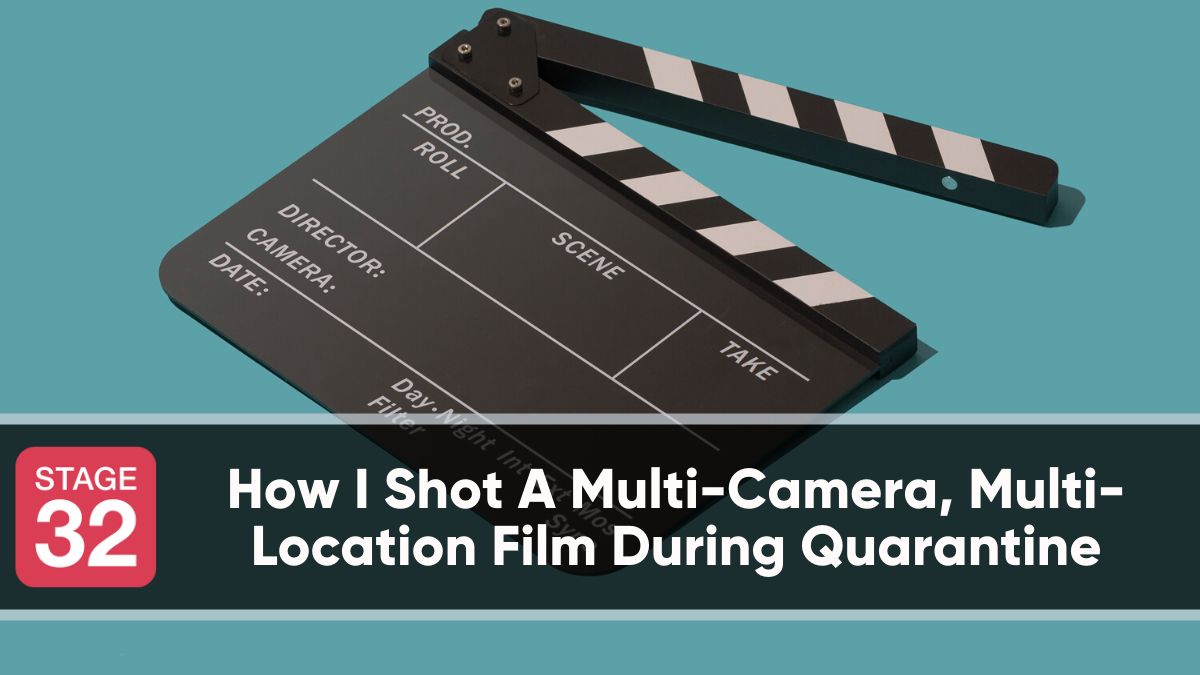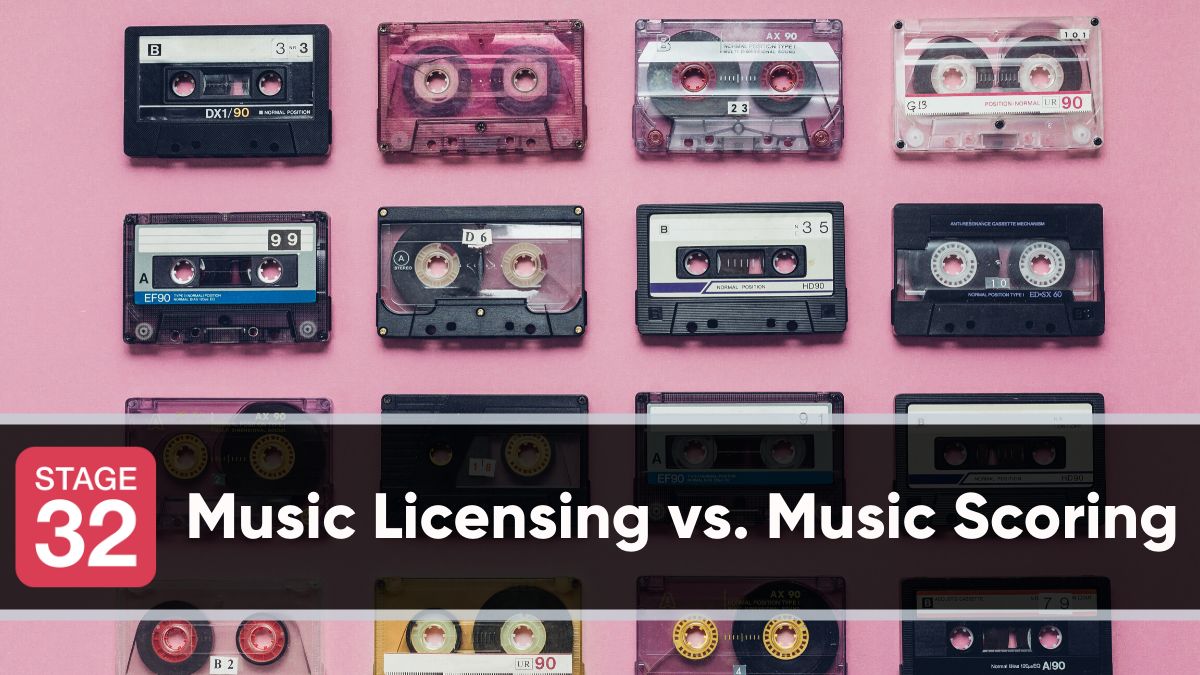Music Licensing vs. Music Scoring
These days there’s a pretty interesting battle raging between composers scoring films, and filmmakers using prerecorded tracks in their projects. Both can work, and either one can be cheaper, or easier to use.
As a composer who makes tracks for music libraries, and scores films, I can give you some ideas about when and why you might use one versus the other.

1. Hiring a Composer
Hiring a composer can be cheap or expensive, depending on their experience, business and artistic skills, or your budget. A score composer writes custom music for your film, from beginning to end. It can include any or all of the music. It can cost $0 to $1M, and typically be 1 to 10% of your budget. You can hire a composer at the start of your production and make that person a collaborator throughout, or bring them in after the film has been shot. Giving them a close to final cut, allows the composer to not worry about re-editing the music. They can “sync-to-picture” and make every note perfectly match the action.
The composer can turn around a score in a few days or weeks for a short, or a few weeks to months for a feature. You need to find someone that understands your vision of your story, the era, atmosphere, genre, feel, emotion, etc. The end result can be a simple underscore, creating an atmosphere for the scene, or an epic, iconic musical piece that develops throughout the film. Individual characters can have their own themes that interact, just like the characters on screen.
Hiring a composer is typically WFH (Work for Hire). WFH usually means you or your production company own the music (publishing) to some extent. The backend publishing -side revenue (paid from a PRO (Performance Rights Organization such as BMI, ASCAP, etc.) goes to you. Unless your film does very well in theaters (outside of the USA) or on television, the backend of the music, may not amount to much. You need to have a publishing entity in place that is affiliated with a PRO. That usually costs something and requires cue sheets (lists of all of the tracks used in the production) sent to the PRO, and all of the track information uploaded to match the cue sheets. Large production companies have their own publishing. Most smaller independent filmmakers do not. The composer typically receives the backend “writers share” in any event.
A way to keep your price down, when hiring a composer, is to license the score. This allows the composer to keep the publishing backend. They can also easily produce a soundtrack, themselves, which can potentially help the promotion of the film. Unless you can pull off a soundtrack, it may be a good idea to leave it to the composer. Music is mixed differently for a soundtrack and possibly re-recorded. You can have contracts that allow variations of ownership that are exclusive for the film but allow the artist to sell the music separately.

2) Music Licensing of Individual Tracks
Films with existing music tracks have been around since the beginning. Music libraries have licensed music for films, typically for uses where music needs to come out of a radio, or an overhead speaker in a restaurant, for instance. It’s called “source” music. The tracks needed are typically ones that the score composer doesn’t have time to create, or are outside of their genre or style. You may not want to ask your epic adventure composer to try to create 1950s Muzak, although many can! (I just got one placed in “The Twilight Zone!")
Nowadays, music libraries have a multitude of tracks that can be very tempting to use in projects for a very low cost. These tracks can be used as your underscore and can be epic, adventure, mystery, suspense, romantic, comedic, etc. The license can be for a festival run, or perpetual for any possible future distribution.
Music libraries can have 500K or more tracks, or just a few thousand, especially if they are more “boutique” and specialized. Individual composers may have quite a few, themselves. (I have over 500 that are available directly or through libraries). Libraries can be exclusive, where the track is only available through them, or non-exclusive where the track is in multiple libraries.
Also, there is such a thing as a “retitled” track. That means a piece called “Love is Blue” may be retitled “Blue Love” or coded “CXX2940Love-Is-Blue." This practice has been going on for a few decades, at least. It is controversial and can create problems if a production company gets solicited from two or more libraries with the same track, and different names (Who would you choose it from?) In any event, the system does seem to work. The writer's share still goes to the composer, and the publishing share goes to the library with that retitled track. The library re-registers the track with their PRO listing themselves as publisher. Fun, right?

Upsides & Downsides of Licensing vs. Scoring
Upsides:
Having a score composer can give you exactly what you want. You should pay them a reasonable fee for their time, including the dozen revisions per scene you might want. (Similarly, how many camera takes did that scene take, right?) The score composer has to compose, and these days, possibly perform any or all of the instruments (many electronically, including a full orchestra), and possibly mix the score. The composer may need to hire other performers (even a few live players can be a huge improvement). A full-size orchestra may make your music budget a whole lot more! You should consider having the music professionally mixed, as well. You can have a composer involved in the production from the beginning. They can become collaborators, and even become part of the PR campaign.
On the other hand, licensing tracks can be cheap. You can quickly fill up a score with existing music. I’ve supplied projects with a group of tracks that became a score, especially in a hurry (great for 48 hour-film contests, where there is NO time to compose a score!)
Downsides:
If you really don’t like what the composer has been doing, you may get frustrated. You may even reject the score. With a solid contract (recommended), you may still need to pay for the score if you do not use it. That is ethical, considering the composer may have created the score in good faith. There have been examples of great composer’s scores rejected throughout film-history. It can be painful for all parties. One way out is to at least have the music available for future projects if it can’t be used for the one it was intended for.
With licensing, you may find the music you want is also in many other projects. I did a web-series where the title track was a licensed track from a library. It was OK, but I knew I could have created something much better, myself. I came in after the series started, so that wasn’t possible. I recently did another project, and it had the SAME exact track on it from the web series! Using stock music is like stock images. It works but isn’t usually the same as using something original.

At the End of the Day...
Whatever you do, working with a score composer, or using pre-existing music, make sure the music is what you really want. Think carefully about what the music is supposed to do. Is it supporting the scene? Do you need music for the scene? Is the music hidden underneath sound FX, or buried under the dialogue? You need to hear it in the mix.
It’s easy these days for a composer to send you audio as they compose it. Drop it in the mix and listen to it under the dialogue, SFX etc. A composer can even make a rough mix to give you an idea of the finished result.
Libraries are great for music that your composer can’t do, or have time to do, especially within the budget. Projects that need popular music, which can be quite a bit of the soundtrack, may be very expensive using major artists. Libraries usually have many much cheaper options for music that is similar to a popular music track. You never want to get too close, though. “Sound-a-likes” can have copyright problems.
Best advice: be as original with your music as you are with your image and dialogue. You are making something that may last for a long time. Make it something that is memorable. The music marries the image, and the end result can be amazing. Getting it to work is a very challenging part of filmmaking. It is worth a decent part of your budget. Music can be half of the audience experience. It is worth every penny in your project.
About Ed Hartman

Ed Hartman is an award-winning, accomplished composer, performer, and educator. Ed has scored music for film, T.V., radio, and even a planetarium. He received his Bachelor of Music from Indiana University and has been involved with the film and music communities in the Pacific Northwest for decades. He creates music drawn from many styles, genres, and cultures. Ed is at home with classical orchestral music, along with electronic and world music. As a percussionist, he can create intense rhythmic scores that can contrast with lyrical orchestral passages. Ed loves sci-fi, drama, comedy, fantasy, and suspense.
Ed recently scored and produced the award-winning film, As the Earth Turns (1938 unreleased film), and scored music for the documentary: Project Colombia (The MapMakers),the feature film: Fitz (Who Made Who Productions) - 2008 Alberta Film and Television Awards Nominee: Best Feature Film).
Ed has scored many short films, including Pause, Saving District, The Son, The Father, Little Peter Needs to Fly, End Zone, The Three Stars (Seattle International Fly Film Festival), Trauma, Winston, Those in Need, and A Rich Mann.
Media Credits: His music has been heard in the motion pictures The Blind Side and Scooby-Doo, The Mystery Begins (Warner Bros.), The Cold Light of Day (Summit Ent.), Surviving Christmas (Dreamworks), Into the Fire(BCDF Pictures), Spirit of the Game (Samuel Goldwyn), A Different Sun (Monolith Pictures), Cool It (1019 Ent.), and Mini's First Time (Bold Films).
Ed's music has been on television, including Twilight Zone (CBS), Revenge, Motive(ABC), Twas the Night, Katie Morgan, Big Love (HBO), Lucifer, Brooklyn Nine-Nine (FOX), Passions (NBC), Let's Make a Deal(CBS), Doc-Block (MSNBC), Greek (ABC Family), Emeril Green (GREEN), Nature, Gourmet Adventures with Ruth (PBS), Channel 5 Takes Latin, Relic Hunter, Extreme Towns (TRAVEL), America Now (Ind.), Shalom In The Home, Toddlers and Tiaras, High Stakes Sweepers (TLC), Amazing Wedding Cakes (Women's Ent) and Current TV.
Let's hear your thoughts in the comments below!
Got an idea for a post? Or have you collaborated with Stage 32 members to create a project? We'd love to hear about it. Email Taylor at taylor@stage32.com and let's get your post published!
Please help support your fellow Stage 32ers by sharing this on social. Check out the social media buttons at the top to share on Instagram @stage32online Twitter @stage32 Facebook @stage32 and LinkedIn @stage-32
| Now Showing: SeriesFest Pilots on Stage 32 Screenings |
| How I Shot A Multi-Camera, Multi-Location Film During Quarantine |
Search Stage 32 Blog
There are now 3682 blog posts for you to enjoy. Search them all by tags below.
Acting, Advice, Cinematography, Coffee & Content, Composing, Contests, Distribution, Featured, Filmmaking, Financing, Inspirational, Networking, Producing, Screenwriting, Success Stories, Tips, Trending,Relevant Tags
Recommended Articles
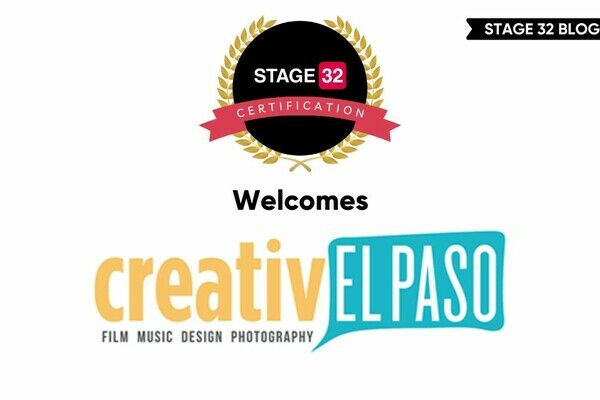
Stage 32 Certification Welcomes El Paso, Texas!
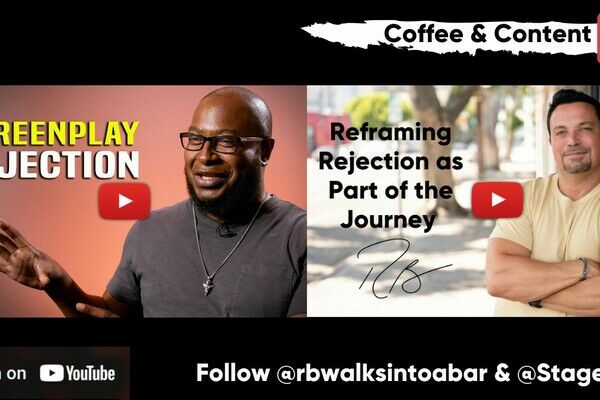
Coffee & Content: Reframing Rejection as Part of the Journey

Mapping Out a Multi-Season Story Part 2: Where Do You Get Ideas For This Much Story?

Why Write About Your Experiences Through Fantastical Lenses?
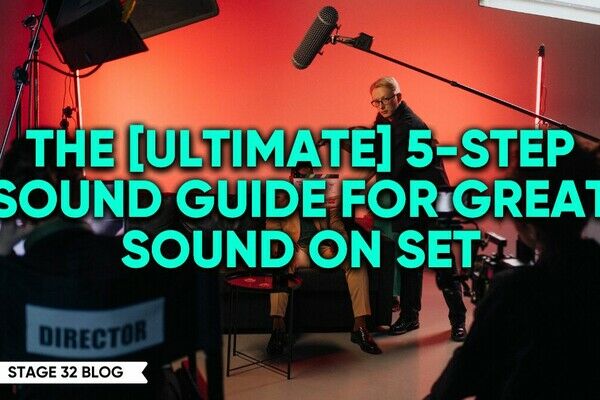
The [Ultimate] 5-Step Sound Guide for Great Sound on Set

6 Things To Know About Script Legal Research
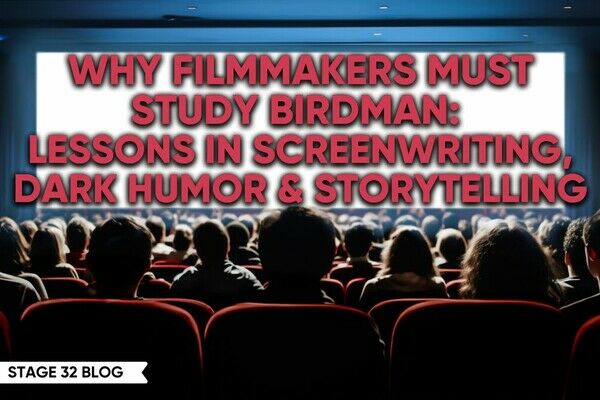
Why Filmmakers Must Study Birdman: Lessons in Screenwriting, Dark Humor, and Storytelling

How Did You Get That Gig?
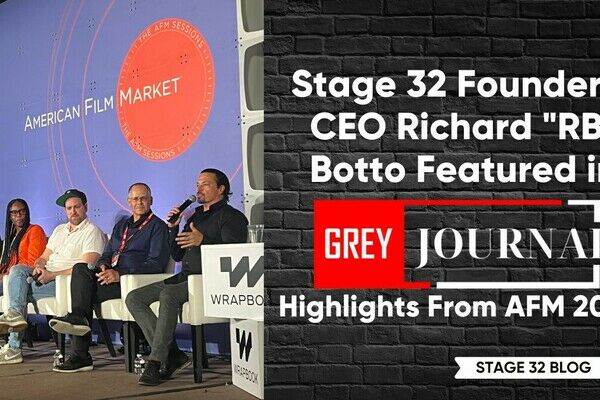
Stage 32 Founder & CEO Richard "RB" Botto Featured in Grey Journal: Highlights From AFM 2024!



